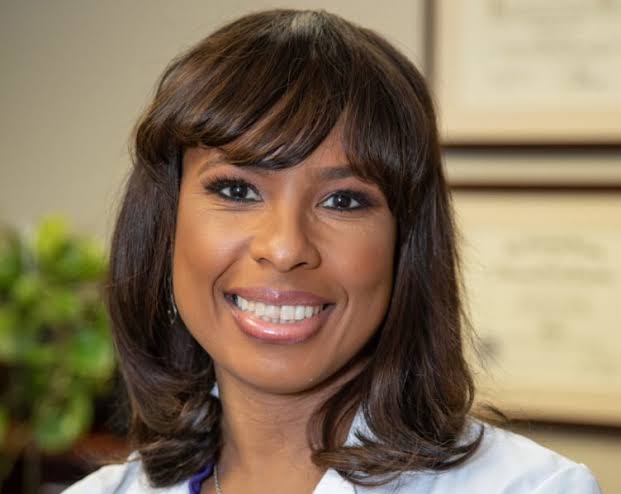In a groundbreaking move, the New York Police Department (NYPD) has appointed Dr. Lynn M. O’Connor as its first-ever Black female colorectal surgeon, ushering in a new era of diversity and representation within the department’s medical division.

With over two decades of experience as the chief of colon and rectal surgery at prestigious institutions like Mercy Hospital and St. Joseph Hospital in New York, Dr. O’Connor brings a wealth of expertise to her new role. Her appointment marks a significant milestone in the NYPD’s 178-year history, reflecting a commitment to inclusivity and progress.
In an interview with Rutgers Today, Dr. O’Connor expressed her gratitude for the opportunity to make a difference in the lives of young officers. “It really is an honor and a privilege to be able to affect change in the lives of a lot of young officers,” she said. “You can’t be what you can’t see.”

As the newly appointed colorectal surgeon, Dr. O’Connor will play a vital role in assessing officers’ fitness for duty, coordinating care, and approving medical services for line-of-duty injuries. Her expertise comes at a crucial time, as colorectal cancer cases among young adults are on the rise, underscoring the importance of early screenings and proactive health measures.
Also, read: Millie Bailey: The Inspirational Journey of the First US Army Black Female Pilot
Born and raised in Queens, New York, Dr. O’Connor developed a passion for medicine from a young age. She pursued her undergraduate studies in Biology at Rutgers University-New Brunswick before earning a master’s degree from Yale University and a medical degree from Temple University.
Beyond her impressive credentials, Dr. O’Connor is acutely aware of the need for greater representation in the medical field. Despite the Black population accounting for 13.6 percent of the U.S. population, only 5.7 percent of physicians are Black—a disparity that she aims to address through her advocacy and leadership.
“Studies show that when African Americans are treated by Black physicians, outcomes are better,” Dr. O’Connor emphasized. “There is more trust, better communication, and greater adherence to the treatment plan.”

As she takes on her historic role within the NYPD, Dr. O’Connor is committed to promoting health equity and fostering a culture of inclusivity within the department. Her appointment serves as a beacon of hope and inspiration, paving the way for future generations of diverse medical professionals in law enforcement.

